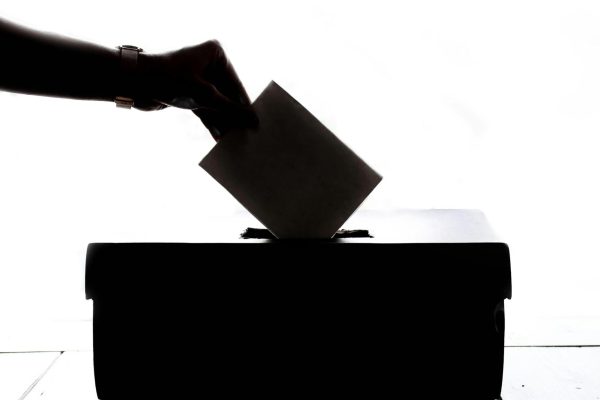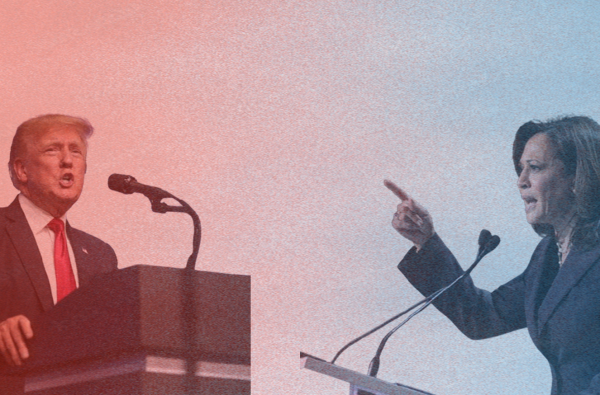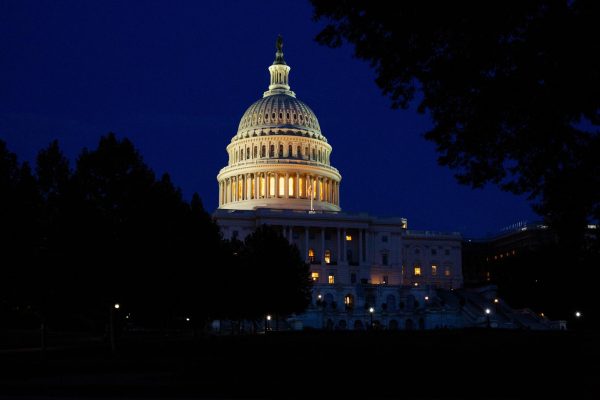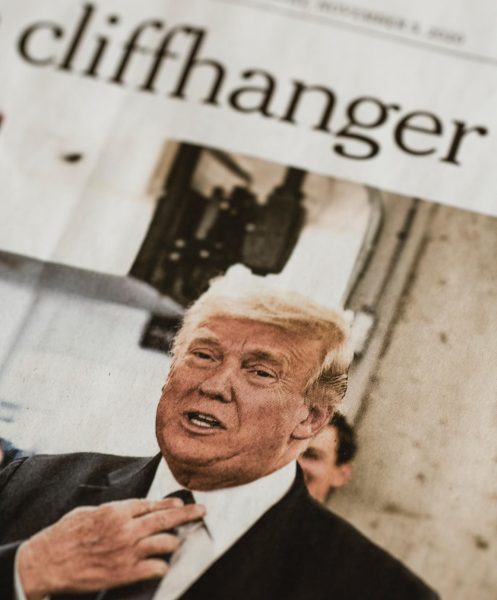The new voting law passed in Georgia
Should this legislation be compared to the Jim Crow era?
This quote, stated by President Joe Biden, revolves around the new voting restrictions pushed through the Georgia legislature on March 18th, only weeks ago. Despite its denunciation from Democrats and voting groups throughout the nation, this proposed legislation was passed through the Republican chamber in matter of hours, and shortly after signed in by Governor Brian Kemp: a notorious, Republican political official who has only continued to widen voting disparities since his initiation to the role in 2019. While some may subside this comparison as extreme–through the racial progress the United States has made in decades since–these laws specifically target black and brown individuals to limit their voice in the American democracy.
Has Jim Crow influence been completely removed from our society? Or rather, has discriminatory legislation solely evolved into less publicly-recognized forms?
Jim Crow laws, specifically those regarding voting, never deliberately stated how they were aimed to exclude people of color. Rather, legislators found loopholes and other tactics to restrict the voting of minority groups and to elevate their own party in elections. A primary example of this centered around Democrats and poll taxes in the 1950s: where when arriving at the polls, citizens were forced to pay $1 to $2 levies in order to cast their vote. This new legislation had almost no effects on middle or upper class individuals, yet for those living in the south–majority of whom would vote Republican–this was seen as a discouraging factor, and significantly reduced their voter turnout. Despite the 15th amendment of the Constitution, which prohibits the government from denying the right to vote based on factors such as race, color, or past servitude, poll taxes continued for decades.
Voting restrictions are not meant as a way to entirely block a population of people from voting, yet rather limit their access to register, submit mail-in ballots, participate in early voting, and even decrease the time in which they are eligible to vote.
After a groundbreaking presidential election this past year, in which historically red Georgia turned blue for the first time since 1992, it would make sense to why Republicans have the incentive to block further Democratic influence. However, it is important to look at exactly what this law entails– and whether it can be analogized back to the travesty of Jim Crow legislation.
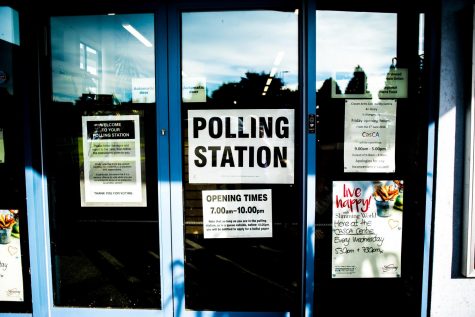
To begin, the law allows for the Georgia General Assembly to remove the powers of local governing authorities at their own discretion: a strategy used in the past to disenfranchise black political officials. The Georgia General Assembly, which is currently a Republican-dominated legislature, already holds substantial control over the State Board of Elections. Yet, they are now able to interfere within the country board of elections as well, specifically those they deem underperforming. This legislation also excludes Fulton County from many of its proposed plans, one of the most diverse and left-leaning areas throughout the state.
Many voiced their complaints on a specific portion of the law, in which handing out food or water to those waiting in line will be prohibited. Providing voting citizens these resources are necessary to ensure that they are able to spend longer amounts of time waiting in these lines, and significantly reduces their chances of leaving midway through. The longest lines in Georgia are proven to be correlated to precincts with large margins of black individuals, due to the removal of polling stations by the Georgia government.
Some other components of this law include new identification requirements for absentee ballots, limits to the use of ballot drop-off boxes, and the elimination of Sunday early voting. It also re-established minimum voting hours on election day, which changed from 7am-7pm to 9am-5pm. These restricted voting hours are one of the main controversies surrounding the law, since many working individuals will not be able to reach the polls in the designated time frame.
Despite the efforts made to mask the racist core behind this proposed law, it is clear of its intentions to discriminate against minority voters. Although it may not include measures as drastic of those within the Jim Crow era, it is similar in the way in which it aims to exclude black individuals from a primary right of an American citizen– yet through less obvious actions. In a true American democracy, all voices need to be represented, not solely those who are privileged enough to not be affected by this unconstitutional legislation.



